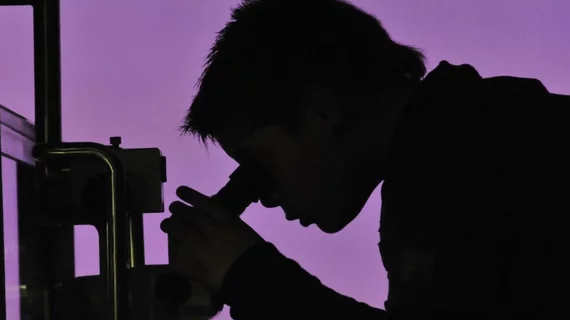Microsoft, SRL Diagnostics use AI for cervical cancer screening
Microsoft and SRL Diagnostics have collaborated on a new AI-powered tool aimed at improving cervical cancer screening in India.
The team at SRL Diagnostics—a large India-based diagnostics laboratory company—noted the demand for cervical cancer screening was outpacing their available resources.
“The proportion of cytopathologists in India is very low with respect to the number of patients,” Arnab Roy, technical lead of new initiatives & knowledge management for SRL Diagnostics, said in a news release from Microsoft. “At SRL Diagnostics, we receive more than 100,000 Pap smear samples every year and there are only a few trained cytopathologists who are supposed to examine such slides. What’s more, nearly 98% of these samples are normal and it’s only the remaining 2% that requires further intervention. We were looking for ways to ensure our cytopathologists were able to find those 2% abnormal samples faster.”
With these numbers in mind, SRL Diagnostics worked closely with Microsoft to build the Cervical Cancer Image Detection API. Researchers manually scanned and annotated whole slide imaging (WSI) slides—a process that took considerable time—and SRL Diagnostics is now undergoing an internal preview of the resulting API. Once internal validation is complete, the next step will be previewing the API in the diagnostic workflows of select healthcare providers.
“The API has the potential of increasing the productivity of a cytopathology section by about four times,” Roy said in the same release. “In a future scenario of automated slide preparation with assistance from AI, cytopathologists can do a job in two hours what would earlier take about eight hours!”
In the future, both companies are hopeful that these techniques can be used in other fields as well. The group believes “similar APIs can be developed that will find application in other fields of pathology such as diagnosis of kidney pathologies and in oral, pancreatic and liver cancers.”
“Our constructs of AI networks and multi-party collaboration with leading healthcare providers aim to unlock AI innovation to help in early risk stratification and move to better healthcare,” Anil Bhansali, Microsoft’s corporate vice president of cloud and AI platform, said in the news release. “I am really excited with the partnership that we have with SRL Diagnostics where we have been working together, using the power of AI, to increase the productivity of cytopathologists, leading to better results and accurate outcomes.”

